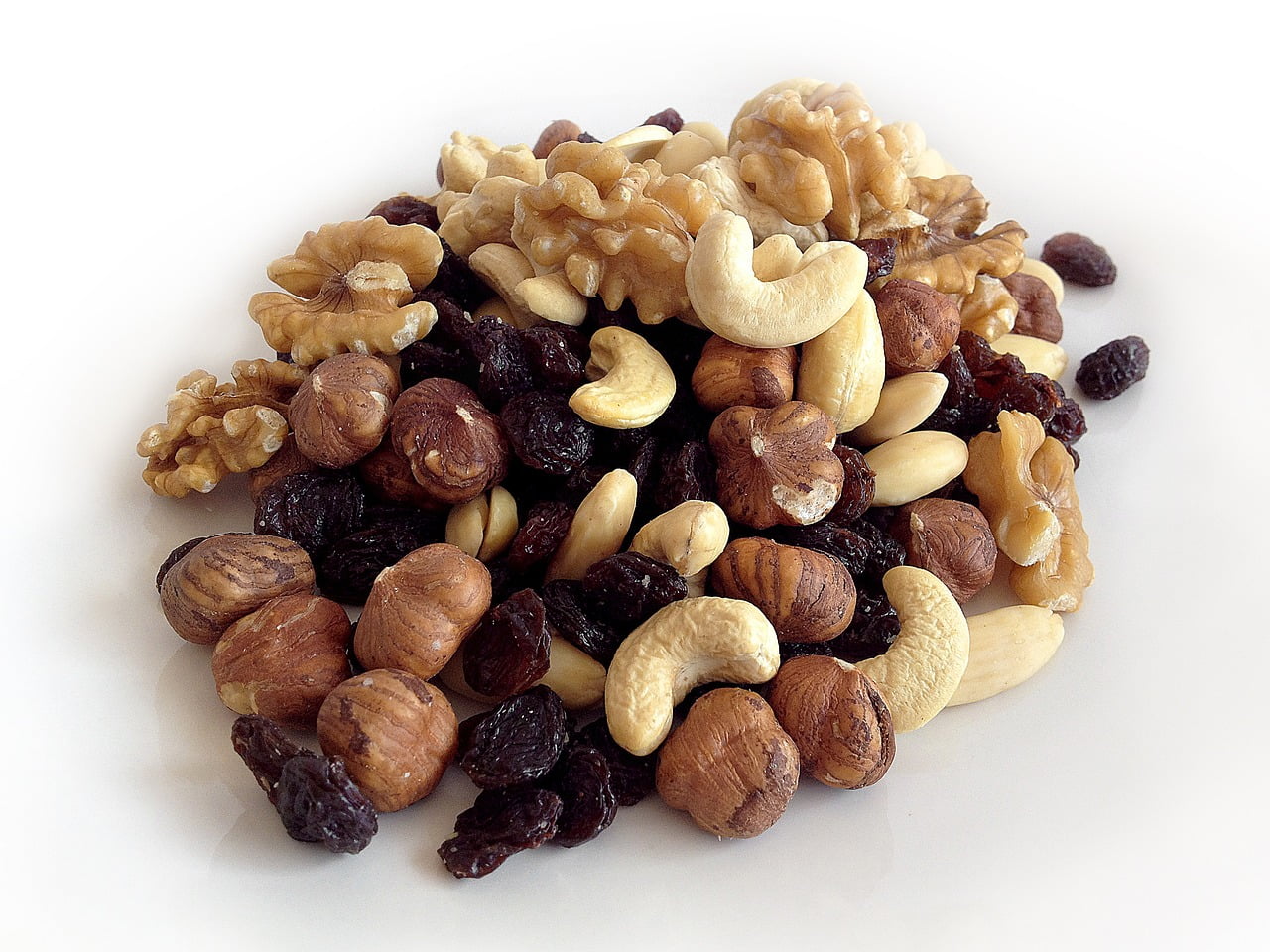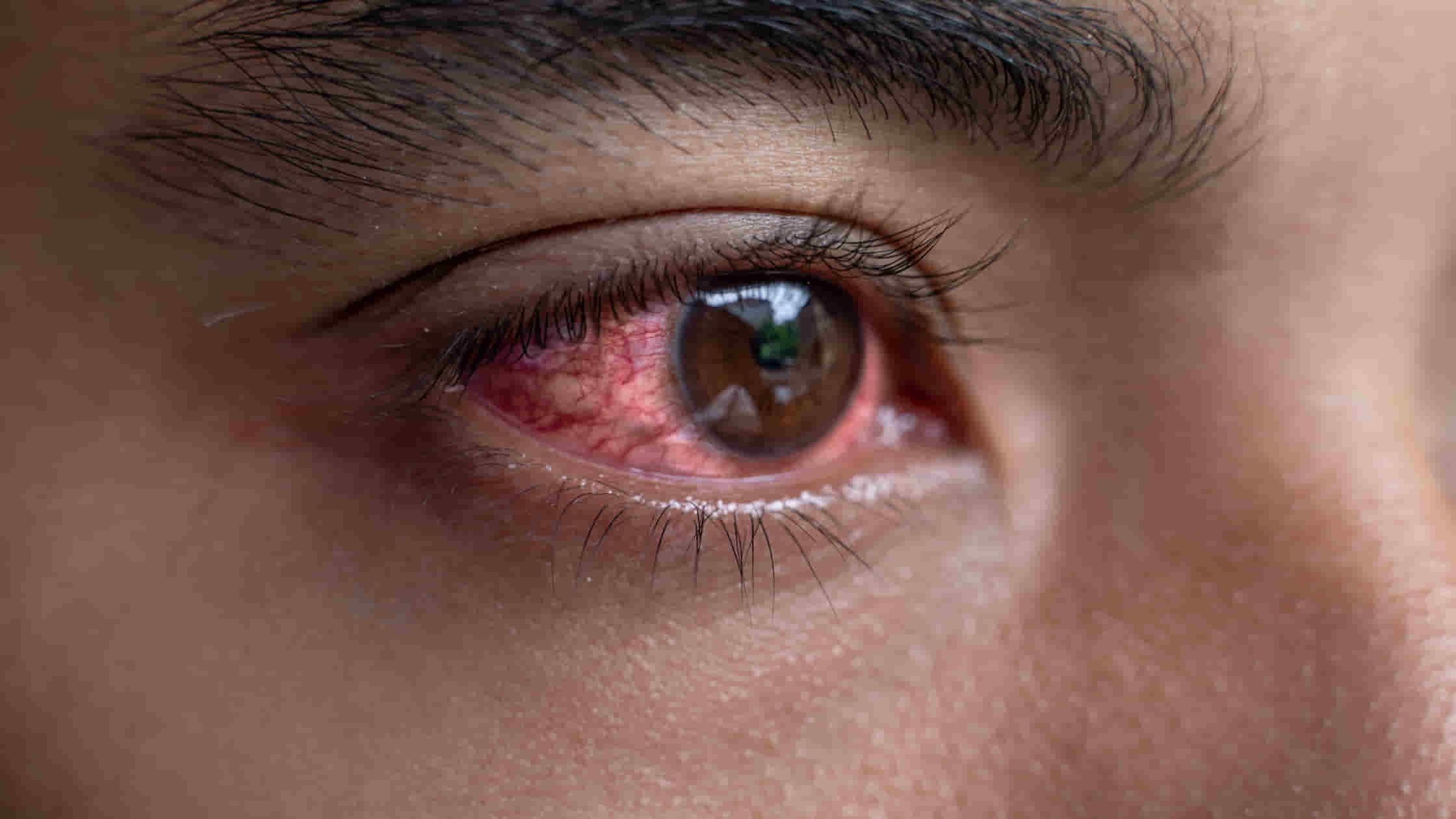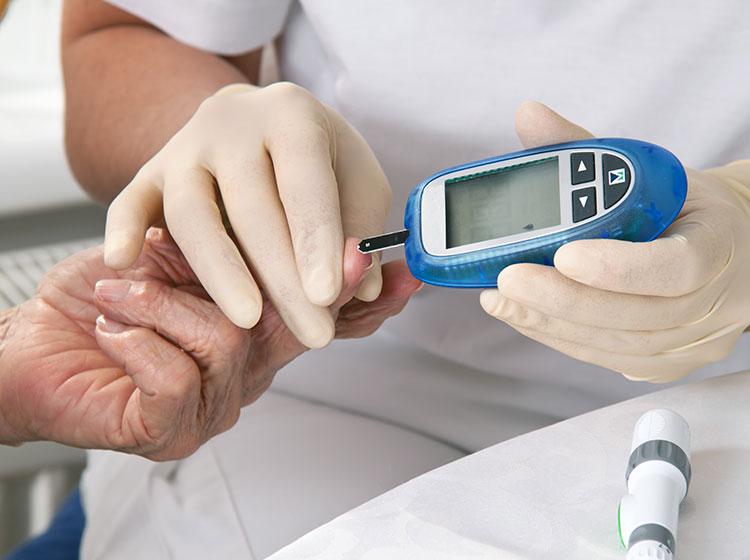When a person is diagnosed with dengue, it’s crucial to prioritize their health and support their recovery. Proper nutrition can play a significant role in helping the body fight the infection and regain strength. Here are some best healthy foods for a dengue patient:
- Fluids: Staying well-hydrated is essential to prevent dehydration, which is a common complication of dengue. Drink plenty of water, coconut water, oral rehydration solutions, and clear broths.
- Fruit Juices: Freshly squeezed fruit juices like orange, lime, and pineapple can provide vitamins and minerals to support the immune system.
- Herbal Teas: Herbal teas such as ginger, chamomile, and lemongrass can help soothe the digestive system and reduce inflammation.
- Bananas: Rich in potassium, bananas can help maintain electrolyte balance and prevent muscle cramps.
- Papaya: Papaya contains papain, an enzyme that may aid digestion and reduce inflammation.
- Pomegranate: Pomegranate is rich in antioxidants, which can support the body’s natural defense against infection.
- Watermelon: High water content in watermelon can help with hydration, and it also provides essential vitamins and minerals.
- Yogurt: Probiotic-rich yogurt can promote gut health and aid in recovery from digestive issues.
- Rice: Easily digestible foods like plain rice can be beneficial during the recovery phase.
- Boiled Vegetables: Lightly boiled vegetables like carrots, pumpkin, and sweet potatoes can provide essential nutrients.
- Oatmeal: Easily digestible and a good source of energy, oatmeal can be a gentle breakfast option.
- Eggs: Soft-boiled or scrambled eggs provide protein and can be easy to digest.
It’s important to note that during dengue infection, some individuals might experience a decreased appetite or have difficulty eating. In such cases, it’s essential to prioritize hydration and consume small, frequent meals or snacks to provide necessary nutrients. Avoiding spicy, fried, and heavily processed foods is generally recommended to reduce stress on the digestive system.
Always follow the guidance of healthcare professionals in managing dengue, and if you or someone you know is diagnosed with dengue, consult with a healthcare provider or a dietitian for personalized dietary recommendations based on the individual’s condition and needs.
What food avoid for dengue patient
For dengue patients, it’s important to avoid certain foods that can worsen symptoms, hinder recovery, or contribute to dehydration. Here are some foods to avoid during dengue:
- Spicy and Fried Foods: Spicy and fried foods can irritate the digestive system and lead to discomfort, especially when the stomach may already be sensitive during dengue.
- Processed and Junk Foods: Foods high in unhealthy fats, refined sugars, and excessive salt should be avoided as they can contribute to inflammation and negatively impact overall health.
- Citrus Fruits: While some citrus fruits like orange and lime juice can be beneficial, consuming excessive amounts may irritate the stomach lining and worsen digestive symptoms.
- Caffeinated Beverages: Caffeine can contribute to dehydration, which is already a concern during dengue. Avoid coffee, energy drinks, and excessive amounts of tea.
- Alcoholic Beverages: Alcohol can also lead to dehydration and should be avoided during dengue recovery.
- High-Sugar Foods: Excessive sugar intake can impact blood sugar levels and may hinder the body’s ability to combat the infection.
- Raw or Undercooked Meat and Seafood: To reduce the risk of foodborne illnesses, avoid raw or undercooked meat and seafood.
- Dairy Products: Some dengue patients may experience temporary lactose intolerance, making it advisable to avoid dairy products if they cause discomfort.
- Nuts and Seeds: Some patients may find nuts and seeds difficult to digest, so it’s best to avoid them if they cause discomfort.
- Spices and Condiments: Strong spices, hot sauces, and condiments may irritate the digestive system and should be avoided or consumed in moderation.
It’s important to listen to the body’s cues and adjust the diet accordingly. Focus on easily digestible and nutrient-rich foods, as well as maintaining proper hydration. As symptoms improve, gradually reintroduce foods to the diet while paying attention to any adverse reactions.
During dengue recovery, it’s essential to follow the guidance of healthcare professionals and consult with a healthcare provider or a registered dietitian for personalized dietary recommendations based on the individual’s condition and needs.
Symptoms of dengue
Dengue is a viral infection caused by the dengue virus, which is primarily transmitted through the bite of infected Aedes mosquitoes. The symptoms of dengue can vary in severity and may appear 4 to 10 days after being bitten by an infected mosquito. Common symptoms of dengue include:
- High Fever: Sudden onset of a high fever, often reaching up to 104°F (40°C).
- Severe Headache: Intense headache, usually located behind the eyes or in the front of the head.
- Pain Behind the Eyes: Pain and discomfort in the eye area, often worsened by eye movement.
- Joint and Muscle Pain: Severe joint and muscle pain, giving dengue its nickname “breakbone fever.”
- Nausea and Vomiting: Feeling nauseous and experiencing vomiting.
- Rash: A rash may appear 2 to 5 days after the onset of fever, often starting on the arms and legs and spreading to the rest of the body.
- Bleeding: Some individuals with severe dengue (dengue hemorrhagic fever) may experience bleeding, such as nosebleeds, bleeding gums, or easy bruising.
- Abdominal Pain: Pain or discomfort in the abdominal area.
- Fatigue and Weakness: Feeling tired and weak.
It’s important to note that dengue symptoms can vary, and some individuals may have mild symptoms or no symptoms at all, making it essential to be aware of the common signs. In some cases, dengue can progress to severe dengue, characterized by plasma leakage, severe bleeding, and organ failure. Severe dengue requires immediate medical attention and hospitalization.
If you or someone you know experiences symptoms consistent with dengue, seek medical attention promptly for proper diagnosis and management. Early detection and appropriate medical care can help prevent complications and ensure a smoother recovery.
How many days is the fever in dengue?
The duration of fever in dengue can vary depending on the individual and the severity of the infection. In most cases, the fever typically lasts for about 2 to 7 days. The fever is one of the hallmark symptoms of dengue and is usually sudden in onset, accompanied by other symptoms like severe headache, joint and muscle pain, pain behind the eyes, and fatigue.
After the febrile stage, the fever may subside for a day or two, followed by the possibility of a critical phase in some cases. During the critical phase, there may be a risk of plasma leakage and other complications. It’s important to monitor symptoms closely during this period and seek medical attention if the condition worsens.
In some individuals, dengue fever can progress to severe dengue, such as Dengue Hemorrhagic Fever (DHF) or Dengue Shock Syndrome (DSS). In these cases, the fever may persist beyond the usual duration, and additional symptoms related to severe dengue may develop.
It’s important to remember that dengue can have a wide range of presentations, and not all individuals may experience the same symptoms or duration of fever. If you suspect you have dengue or experience symptoms consistent with the infection, seek medical attention promptly for proper diagnosis and management. Early detection and appropriate medical care are crucial for managing dengue effectively and preventing severe complications.
What is the highest stage of dengue?
The highest and most severe stage of dengue is known as Dengue Hemorrhagic Fever (DHF) or Dengue Shock Syndrome (DSS). These are severe forms of dengue that can be life-threatening and require immediate medical attention and hospitalization.
Dengue Hemorrhagic Fever (DHF): DHF is a severe complication of dengue fever that occurs when the infection progresses, and plasma leakage from blood vessels leads to a decrease in the blood’s volume and a drop in platelet count. Symptoms of DHF may include severe abdominal pain, persistent vomiting, rapid breathing, bleeding from the nose or gums, easy bruising, and signs of internal bleeding. If left untreated, DHF can progress to Dengue Shock Syndrome.
Dengue Shock Syndrome (DSS): DSS is the most severe form of dengue and is characterized by a sudden drop in blood pressure, leading to shock. This can result from severe plasma leakage, which can lead to organ failure and life-threatening complications. Symptoms of DSS may include severe abdominal pain, intense vomiting, restlessness, confusion, cold and clammy skin, and weak or rapid pulse. DSS requires immediate medical attention and intensive care.
It’s essential to monitor dengue patients carefully for any signs of progression to severe dengue. Early detection and prompt medical intervention can significantly improve the chances of recovery and prevent life-threatening complications.
If you or someone you know is suspected to have dengue and experiences symptoms like severe abdominal pain, persistent vomiting, bleeding, or signs of shock, seek immediate medical attention to prevent the condition from worsening. Dengue is a serious disease, and it is essential to receive proper medical care and monitoring during its course.
Stages of dengue fever
Dengue fever typically progresses through three stages, each marked by specific symptoms and manifestations. These stages are:
- Febrile Stage:
- The febrile stage is the initial phase of dengue fever and lasts for about 2 to 7 days.
- Symptoms during this stage include sudden onset of high fever, severe headache, pain behind the eyes, joint and muscle pain, and fatigue.
- Some individuals may also experience nausea, vomiting, and a mild rash.
- The fever may fluctuate, and patients may experience a feeling of coldness followed by intense sweating.
- Critical or Plasma Leakage Stage:
- This stage typically occurs around the time the fever subsides, which is usually after 3 to 7 days from the onset of symptoms.
- During this stage, plasma from the blood vessels may leak into the surrounding tissues, leading to fluid accumulation and potential complications.
- Symptoms may worsen, and individuals may experience severe abdominal pain, persistent vomiting, rapid breathing, and fatigue.
- Bleeding tendencies may also develop, such as nosebleeds, bleeding gums, or easy bruising.
- Severe cases may progress to dengue hemorrhagic fever (DHF) or dengue shock syndrome (DSS), which are life-threatening conditions requiring immediate medical attention and hospitalization.
- Recovery Stage:
- The recovery stage begins as the fever subsides and can last for several days.
- During this stage, symptoms gradually improve, and the patient starts to feel better.
- However, some individuals may experience a period of weakness and fatigue that may last for several weeks.
It’s important to note that not all individuals with dengue fever progress to severe dengue. Most cases of dengue fever are mild and can be managed with supportive care, such as staying well-hydrated and taking pain relievers to reduce fever and pain. However, severe dengue can be life-threatening and requires immediate medical attention.
If you or someone you know is experiencing symptoms consistent with dengue fever, seek medical attention promptly for proper diagnosis and management. Early detection and appropriate medical care are essential for a favorable outcome.
What is the recovery stage of dengue?
The recovery stage of dengue follows the critical phase, which typically occurs around the time the fever subsides. During the recovery stage, the patient’s condition begins to improve as the body fights off the dengue virus and starts the healing process. The duration of the recovery stage can vary from person to person and may last for several days to weeks.
In the recovery stage of dengue, you may experience the following:
- Gradual Improvement: Dengue symptoms start to improve, and you may feel better compared to the critical phase. Fever decreases or subsides, and other symptoms may also lessen.
- Reduction in Severity: If you had severe symptoms during the critical phase, such as abdominal pain, vomiting, or bleeding, these symptoms usually start to subside.
- Return of Appetite: Your appetite may gradually return, and you may feel more inclined to eat.
- Rehydration: You may continue to focus on staying well-hydrated to recover from any dehydration that may have occurred during the fever phase.
- Weakness and Fatigue: It is common to experience weakness and fatigue during the recovery stage. Your body has been fighting the infection, and it needs time to regain its strength.
- Follow-up Visits: Your healthcare provider may schedule follow-up visits to monitor your progress, check platelet levels, and assess your overall health.
It’s essential to continue monitoring your symptoms during the recovery stage and follow any medical advice provided by your healthcare provider. While most cases of dengue fever resolve without complications, some individuals may take longer to fully recover. If you have any concerns or experience new or worsening symptoms during the recovery stage, consult with your healthcare provider.
Remember that the recovery stage may vary in duration, and it’s essential to allow your body adequate time to heal and recuperate fully. Engage in self-care practices, get enough rest, eat a nutritious diet, and follow your healthcare provider’s recommendations for a smooth recovery from dengue.
How can I increase my platelets with dengue?
If you have dengue and are experiencing a decrease in platelet count (thrombocytopenia), it’s essential to focus on supporting your body’s natural healing process. While there is no specific medication to increase platelet count, you can take certain measures to help your body recover and stabilize platelet levels. Here are some tips to consider:
- Stay Hydrated: Drink plenty of fluids, such as water, coconut water, oral rehydration solutions, and clear broths, to stay well-hydrated and prevent dehydration.
- Rest: Get plenty of rest to allow your body to recover and conserve energy for healing.
- Avoid Aspirin and NSAIDs: Refrain from taking aspirin and nonsteroidal anti-inflammatory drugs (NSAIDs) like ibuprofen, as they can increase the risk of bleeding.
- Eat a Nutritious Diet: Consume a balanced diet that includes nutrient-rich foods like fruits, vegetables, whole grains, lean proteins, and healthy fats to support your immune system and overall health.
- Papaya Leaf Extract: Some studies suggest that papaya leaf extract may help increase platelet count in dengue patients. However, it’s essential to consult your healthcare provider before using any herbal remedies.
- Avoid Alcohol and Smoking: Refrain from alcohol consumption and smoking, as they can further stress your body and delay recovery.
- Monitor for Bleeding: Be vigilant for signs of bleeding, such as nosebleeds, bleeding gums, or unusual bruising. If you notice any bleeding, seek medical attention immediately.
- Seek Medical Care: Regularly visit your healthcare provider to monitor your platelet count and overall health. If your platelet count drops significantly or you develop severe symptoms, you may require hospitalization for close monitoring and medical care.
It’s important to note that while these measures can support your recovery, there is no guaranteed method to rapidly increase platelet counts during dengue. The body typically recovers on its own over time, and most cases of dengue do not require specific treatments for platelet count recovery.
Always follow the advice and treatment plan recommended by your healthcare provider. If you have dengue or suspect you have dengue, seek medical attention promptly for proper diagnosis and management. Early detection and appropriate medical care are essential for managing dengue and preventing severe complications.
How to protect dengue?
Protecting yourself and your community from dengue involves taking preventive measures to reduce mosquito breeding and avoid mosquito bites. Here are some effective ways to protect against dengue:
- Eliminate Mosquito Breeding Sites:
- Regularly empty and clean containers that can collect water, such as flower pots, buckets, and discarded tires.
- Cover water storage containers tightly to prevent mosquitoes from laying eggs.
- Clear clogged gutters and drains to ensure proper water flow.
- Dispose of trash and unused items that can hold water.
- Use Mosquito Repellent:
- Apply mosquito repellent containing DEET, picaridin, or oil of lemon eucalyptus on exposed skin when outdoors.
- Use mosquito repellent on clothing, especially during peak mosquito activity times (dawn and dusk).
- Wear Protective Clothing:
- Wear long-sleeved shirts, long pants, socks, and closed-toe shoes, especially in areas with high mosquito activity.
- Use Mosquito Nets:
- Sleep under mosquito nets, especially if you live in or are traveling to areas with dengue transmission.
- Install Window and Door Screens:
- Install screens on windows and doors to prevent mosquitoes from entering your home.
- Stay in Air-Conditioned or Screened Areas:
- Stay in air-conditioned or well-screened buildings, especially during peak mosquito activity times.
- Support Community Mosquito Control Efforts:
- Participate in community efforts to control mosquito populations, such as source reduction and larviciding.
- Be Aware of Dengue Outbreaks:
- Stay informed about dengue outbreaks in your area and follow any public health advisories or guidelines.
- Seek Early Medical Attention:
- If you experience symptoms such as high fever, severe headache, pain behind the eyes, joint and muscle pain, rash, or bleeding, seek medical attention promptly. Early detection and proper medical care can prevent complications.
- Travel Precautions:
- If traveling to areas with dengue transmission, take additional precautions to prevent mosquito bites, such as using repellents, wearing protective clothing, and staying in air-conditioned or well-screened accommodations.
Remember that dengue is primarily transmitted by Aedes mosquitoes, which breed in and around human dwellings. By taking proactive measures to prevent mosquito breeding and protect yourself from mosquito bites, you can help reduce the risk of dengue transmission in your community.























